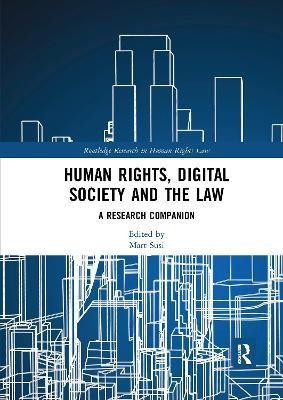Human Rights, Digital Society and the Law(English, Paperback, unknown)
Quick Overview
Product Price Comparison
The Internet has created a formidable challenge for human rights law and practice worldwide. International scholarly and policy-oriented communities have so far established a consensus regarding only one main aspect - human rights in the internet are the same as offline. There are emerging and ongoing debates regarding not only the standards and methods to be used for achieving the "sameness" of rights online, but also whether "classical" human rights as we know them are contested by the online environment. The internet itself, in view of its cross-border nature and its ability to affect various areas of law, requires adopting an internationally oriented approach and a perspective strongly focused on social sciences. In particular, the rise of the internet, enhanced also by the influence of new technologies such as algorithms and intelligent artificial systems, has influenced individuals' civil, political and social rights not only in the digital world, but also in the atomic realm. As the coming of the internet calls into question well-established legal categories, a broader perspective than the domestic one is necessary to investigate this phenomenon. This book explores the main fundamental issues and practical dimensions related to the safeguarding of human rights in the internet, which are at the focus of current academic debates. It provides a comprehensive analysis with a forward-looking perspective of bringing order into the somewhat chaotic online dimension of human rights. It addresses the matter of private digital censorship, the apparent inefficiency of existing judicial systems to react to human rights violations online, the uncertainty of liability for online human rights violations, whether the concern with personal data protection overshadows multiple other human rights issues online and will be of value to those interested in human rights law and legal regulation of the internet.


